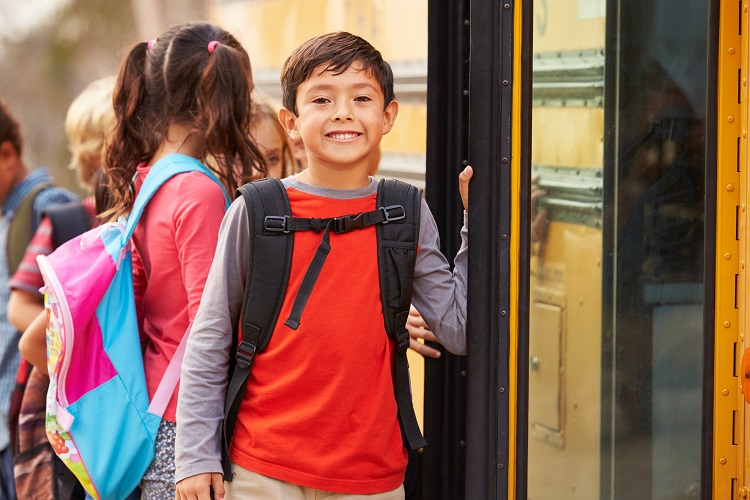Main Menu
The Bazelon Center believes that schools should help all children–including children with mental health or other behavior support needs–become successful adults who can hold jobs, live independently, and be engaged in their communities. We believe that colleges and universities should be committed to the success of all their students and should encourage students to seek counseling when they feel depressed or overwhelmed or otherwise have mental health needs. To that end, we work to ensure that every student, whether in preschool, elementary, middle, or high school, or if attending college or university, receive the services and supports needed for success.
Read more about our K-12 Work | Learn more about Campus Mental Health | Bar Exam Resources for Law Students and Graduates

The Bazelon Center and its co-counsel filed a class action complaint on behalf of students with mental health needs who are segregated in a separate school in Pasadena, CA.

The Supreme Court’s March 2017 decision in Endrew F. v. Douglas County School District announced a new and more demanding standard for educating students with disabilities under the Individuals with Disabilities Education Act (IDEA).
Read more about new opportunities for students with disabilities »

This lawsuit challenges the longstanding practice of confining abused and neglected children in costly hospitals and large group homes instead of providing mental health services that would enable them to stay in their own homes and communities.
Schools should help all children–including children with mental health or other behavior support needs–become successful adults who can hold jobs, live independently, and be engaged in their communities. To accomplish this, schools must set ambitious academic goals for all children and provide them the support they need to succeed. In our view, such support should not require that a child be identified as needing special education.
Federal law requires that children receive behavior supports, including mental health services, when needed for school success. The Individuals with Disabilities Education Act (IDEA) requires that mental health services be provided to children with disabilities when necessary for them to succeed in school. The Americans with Disabilities Act (ADA) requires that schools provide mental health services to students with disabilities who need them to receive equal educational opportunities and avoid unnecessary segregation in separate schools or classrooms. The Early Periodic Screening, Diagnosis, and Treatment (EPSDT) provision of Medicaid requires that Medicaid-eligible children receive mental health services, including school-based services, when needed to “ameliorate or cure” their condition. Required services include behavior coaching, skills training (including social skills training), mentoring, trauma-informed individual or group therapy, peer support, family psychoeducation, family therapy, and, for adolescents, supported employment services. Unfortunately, many schools do not provide these services and rely solely on medications and office-based counseling, which alone are usually inadequate to meet the needs of children with significant behavior support needs. Many schools also rely inappropriately on secluding or restraining students engaging in problem behaviors, instead of providing effective behavior supports. Schools have also tried zero tolerance policies and corporal punishment to control behavior, but neither has been effective in supporting individual students or maintaining a positive school climate, and both raise significant civil rights concerns.
Like all of society, schools should be inclusive. Children with disabilities should be educated in “regular” classrooms in schools with their non-disabled peers and they should participate fully in school life. With appropriate services and supports, virtually all children can be educated in schools in their own communities. To be effective, schools must offer a safe environment conducive to learning. School-wide positive behavior supports (SPBS) and other “tiered” approaches to behavior support for all students are effective in creating such an environment. SPBS creates a climate that builds on students’ capabilities and promotes success—a climate where students are rewarded for good behaviors and are therefore more likely to stay in school, achieve academically, and graduate.
© 2016-Present Bazelon Center. All rights reserved.